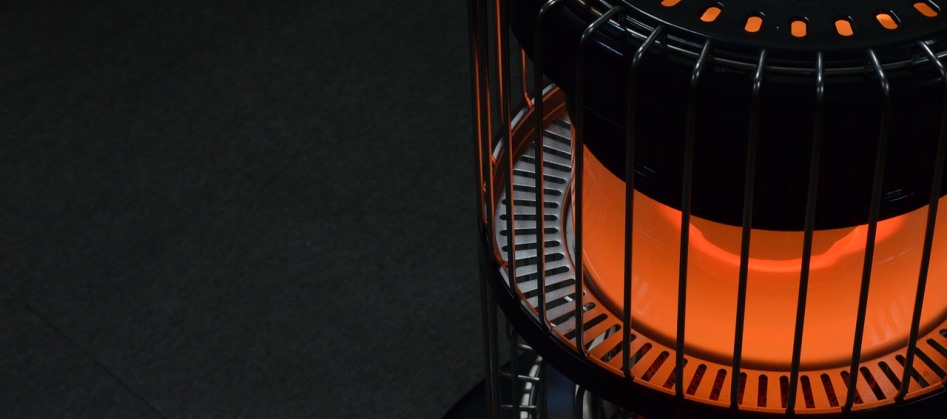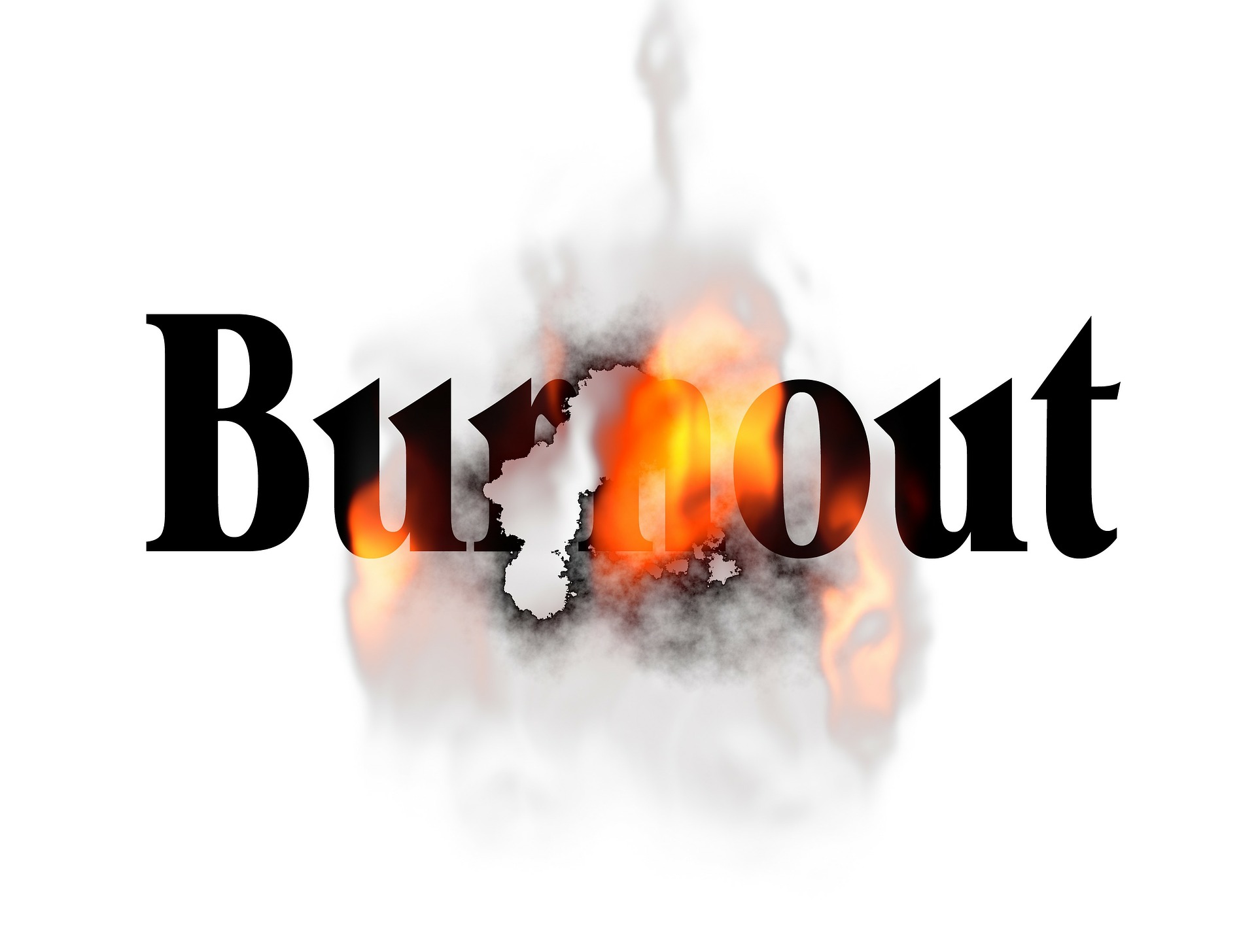 Health insurance may be one of the most critical annual purchases since it impacts your physical, mental and financial wellness. Unfortunately, selecting a health insurance plan can feel overwhelming. With so many options, it can also be easy to make a mistake when selecting coverage.
Health insurance may be one of the most critical annual purchases since it impacts your physical, mental and financial wellness. Unfortunately, selecting a health insurance plan can feel overwhelming. With so many options, it can also be easy to make a mistake when selecting coverage.
This article explores six common missteps related to selecting a health insurance plan. Once armed with this information, it’ll be easier to avoid these mistakes and choose the best plan coverage for your situation.
1) Rushing Through Enrollment Options
Many people rush when buying their health insurance or only rely on recommendations from friends, family and co-workers. Others may simply reenroll with last year’s choices. But health insurance provides personal coverage, so it’s important to research and find what will work best for your health needs and budget.
When it comes time to enroll in a plan, compare different policies and understand their coverages and associated costs (e.g., premiums). One of the best ways to ensure the policy is right for your health needs is to consider your medical requirements and spending in the next year. Don’t forget to confirm in-network coverage to ensure your preferred doctor, clinic and pharmacy are connected in the new plan. Then, you can find the most suitable plan and coverage in an effort to simplify your health care and make it more affordable.
2) Overlooking Policy Documents
Another common mistake is skipping through or not thoroughly reading the policy’s terms and conditions. However, carefully reading a policy is the best way to know what to expect from the health plan and what the plan expects of you.
As such, read the fine print on each plan you consider before enrollment. Reviewing the policy’s inclusions and exclusions will help you make an informed decision and potentially avoid surprise bills later on.
3) Misunderstanding Costs
A cost-sharing charge is an amount you must pay for a medical item or service covered by the health insurance plan. Plans typically have a deductible, copays and coinsurance. Here’s what those terms mean:
- The deductible is the amount you pay out of pocket before your health insurance starts to cover costs.
- A copay is a flat fee you pay upfront for doctor visits, prescriptions and other health care services.
- Coinsurance is the percentage you pay for covered health services after you’ve met your deductible.
When shopping for a plan, keep in mind that the deductible is tied to the premium. As such, a low deductible plan may seem attractive, but understand that it generally comes with a higher premium—and vice versa. Consider keeping your deductible to no more than 5% of your gross annual income. When shopping for a plan, look closely to see when you’ll have a copay and how much it will cost for various services.
4) Concealing Your Medical History
It may be tempting to avoid sharing your medical history if you’re worried about being rejected or receiving higher premiums. However, it could hurt you in the long run when insurance claims are denied for existing conditions or undisclosed medical information.
5) Ignoring Add-ons
Health insurance add-ons are often included separately and require an additional premium, which means many people don’t look at them. A standard health insurance plan may not cover certain situations, so reviewing all available options is essential. An insurance add-on could help bolster your overall health insurance coverage by offering extra protection.
Review the add-on covers offered with your health insurance policy and see if any would be helpful for you, your family or plans in the next year. For example, some common add-ons include critical illness insurance, maternity and newborn baby insurance, hospital daily expenses and emergency ambulance services.
6) Selecting Insufficient Coverage
People may hold back on purchasing certain coverage to pay a lower premium. While that may seem advantageous in the short term, you’ll be on the hook for out-of-pocket costs when facing a medical emergency. This mistake may be accompanied by physical, mental and financial health consequences.
When selecting a plan, check that the policy provides adequate coverage for your medical needs and other essentials. The right health insurance can take care of yourself and ensure financial security.
Summary
Health insurance is an essential investment for you and your family. By avoiding common mistakes while buying health insurance, you’ll be better informed to enroll in a plan and other coverages.
As health care costs continue to rise, it’s more important than ever to carefully review available policies, consider your options and health needs, and, ultimately, select the best plan to protect your health and finances.

 Mid-Ohio Youth Mentoring, formerly known as Big Brothers Big Sisters of North Central Ohio, is a well known local program. They have mentored children, ages 5 through 16, in communities across Mid-Ohio for the last 25 years.
Mid-Ohio Youth Mentoring, formerly known as Big Brothers Big Sisters of North Central Ohio, is a well known local program. They have mentored children, ages 5 through 16, in communities across Mid-Ohio for the last 25 years.








 “The weather outside if frightful, but the fire is so delightful”…well not all of us have a fire place, but a space heater will make due. Supplemental heating, such as space heaters, is the leading cause of house fires from December through February. They are the second leading cause of home fires year-round.
“The weather outside if frightful, but the fire is so delightful”…well not all of us have a fire place, but a space heater will make due. Supplemental heating, such as space heaters, is the leading cause of house fires from December through February. They are the second leading cause of home fires year-round. 





